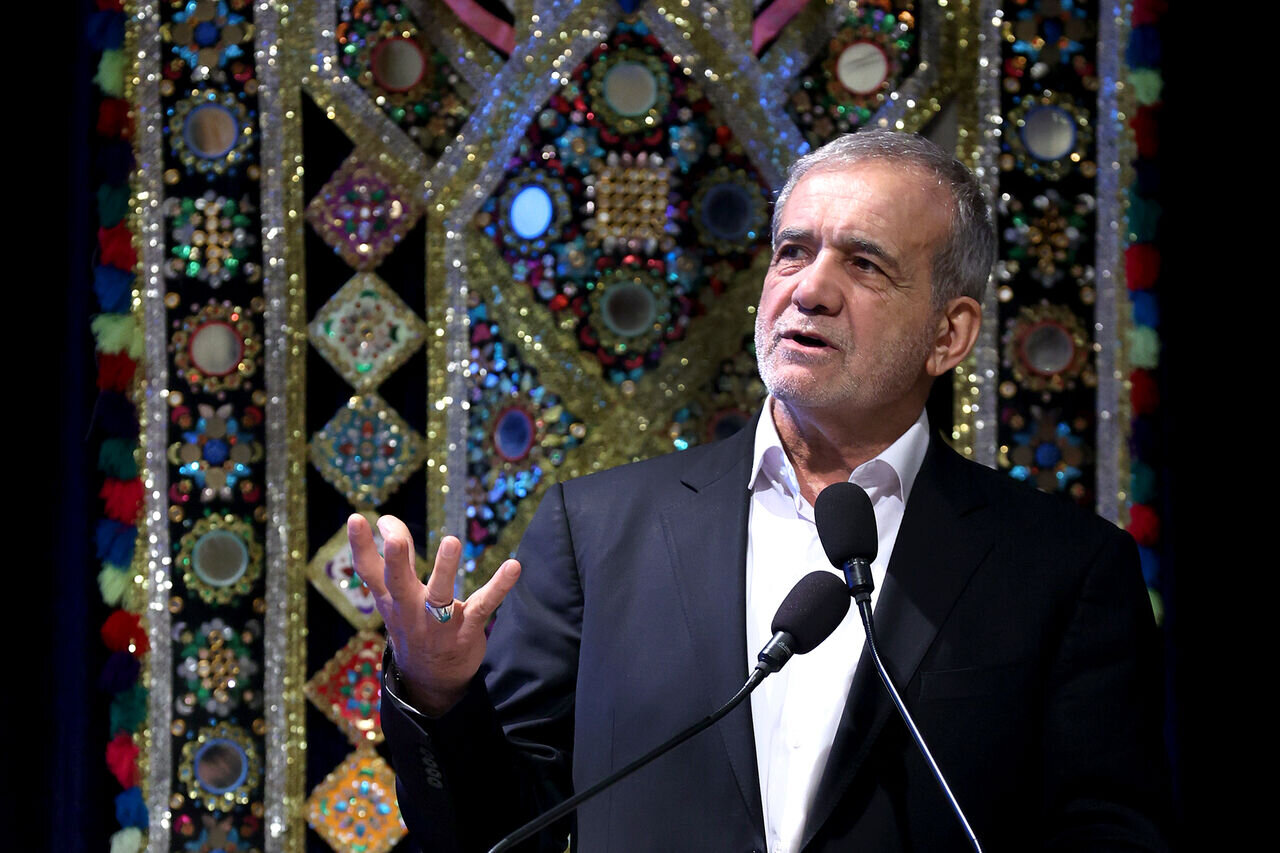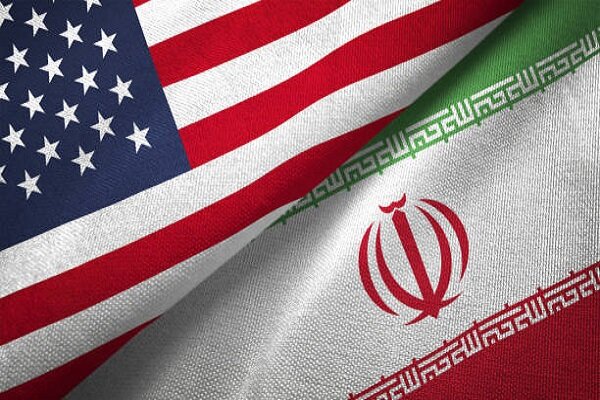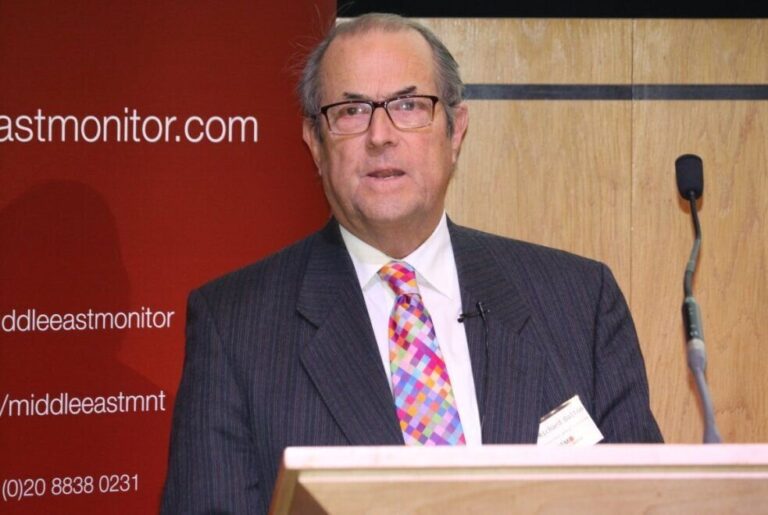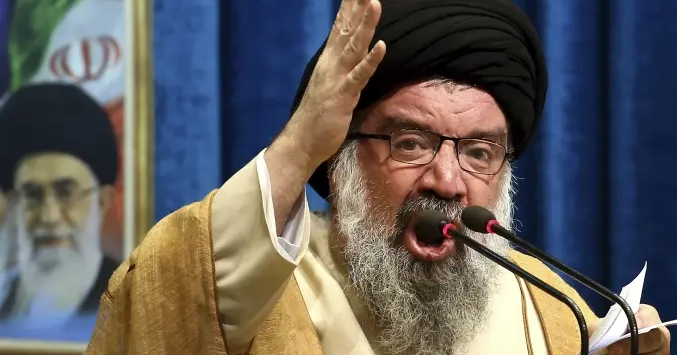US Seeks Surrender, Not Negotiation: A Shift in Diplomatic Strategy
In a recent gathering in Bushehr Province, southern Iran, President Pezeshkian voiced strong criticisms regarding US President Donald Trump’s intentions towards negotiations with Iran. The Iranian leader emphasized that while negotiations are not off the table, the current circumstances make it difficult to trust the sincerity of the American administration.
President Pezeshkian articulated his concerns clearly: “We’re not saying that we don’t negotiate, but Trump can’t impose all kinds of sanctions on us and then speak of negotiating. Why would he block food and water and medicine from us?” This statement highlights the ongoing tensions and the impact of sanctions on the Iranian populace.
He further asserted, “They are not after negotiations,” indicating that the US aims to make Iran submissive rather than engage in genuine dialogue. The president stressed that Iran must rely on its own capabilities to overcome challenges. He stated, “Enemies won’t be able to block our path. We will find our way.”
On February 5, Trump signed a presidential memorandum aimed at resuming “maximum pressure” on Iran, a move that contradicts his previous declarations of wanting to engage in talks with the nation. President Pezeshkian pointed out this inconsistency, asserting that Trump’s actions contradict his words.
In a broader context, President Pezeshkian has highlighted the importance of self-reliance among the Iranian youth. He encouraged them to become skilled and proactive in addressing domestic challenges, stating that “Iran’s state of affairs should not be tied to foreign decisions.”
Furthermore, the Leader of the Islamic Revolution, Ayatollah Seyyed Ali Khamenei, has also weighed in on the situation. He has cautioned against negotiating with Trump’s administration, labeling it “unwise and dishonorable.” This sentiment reflects a widespread skepticism regarding the US’s commitment to fair negotiations.
Key Points Highlighted by President Pezeshkian:
- Negotiation Stance: While open to dialogue, Iran will not engage under conditions of pressure and sanctions.
- Self-reliance: Emphasis on the need for Iranians to depend on their own resources and capabilities.
- Contradictory Actions: Criticism of Trump’s simultaneous imposition of sanctions and calls for negotiations.
- Youth Empowerment: Call for Iranian youth to develop skills and take initiative in solving national issues.
- Leadership Guidance: Ayatollah Khamenei’s strong stance against negotiations with the current US administration.
As the geopolitical situation continues to evolve, the Iranian government remains steadfast in its position, prioritizing national dignity and self-sufficiency over foreign pressures. The emphasis on developing local talent and resources is seen as a strategic move to strengthen Iran’s position against external adversities.
In conclusion, President Pezeshkian’s remarks serve as a reminder of the complexities surrounding US-Iran relations. The Iranian leadership’s insistence on self-reliance and skepticism towards US negotiations reflects a broader narrative of resilience in the face of adversity. As the international community watches closely, the outcome of these tensions will undoubtedly shape the future of diplomatic relations in the region.






